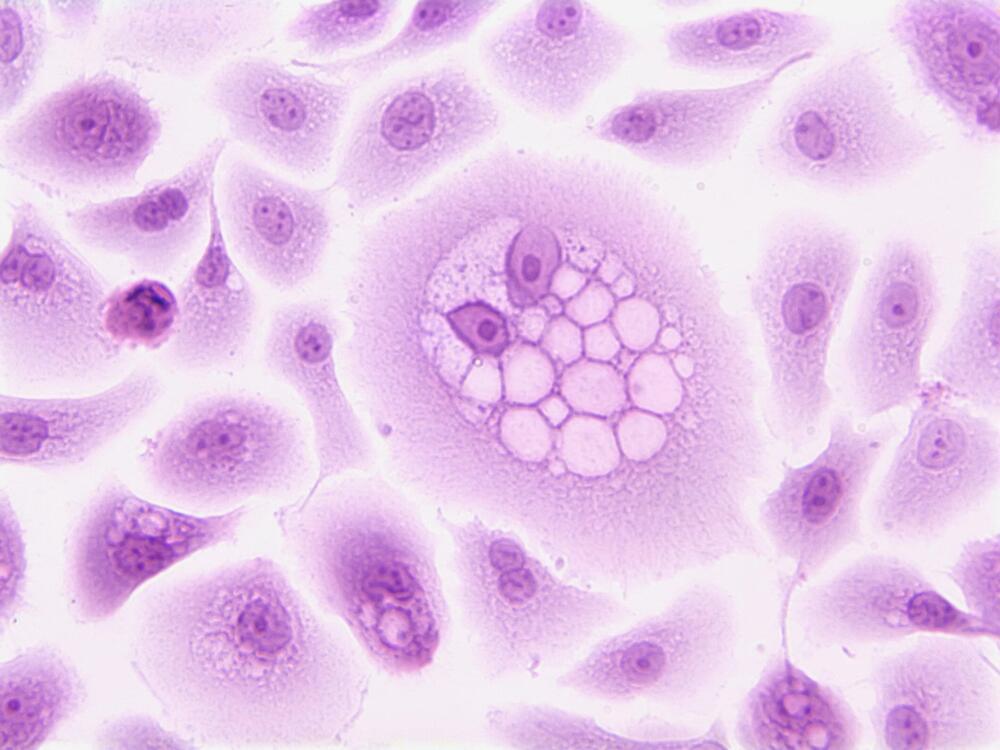Effective immunity hinges on the ability to sense infection and cellular transformation. In humans, there is a specialized molecule on the surface of cells termed MR1 allows sensing of certain small molecule metabolites derived from cellular and microbial sources; however, the breadth of metabolite sensing is unclear.
Published in PNAS, researchers at the Monash University Biomedicine Discovery Institute have identified a form of vitamin B6 bound to MR1 as a means of engaging tumor-reactive immune cells. The work involved an international collaborative team co-led by researchers from the University of Melbourne.
According to Dr. Illing, “Our findings suggest that vitamin B6 molecules displayed by MR1 represent a means for the immune system to detect altered cellular metabolism/metabolite levels, that may distinguish cancer cells,” she said.
